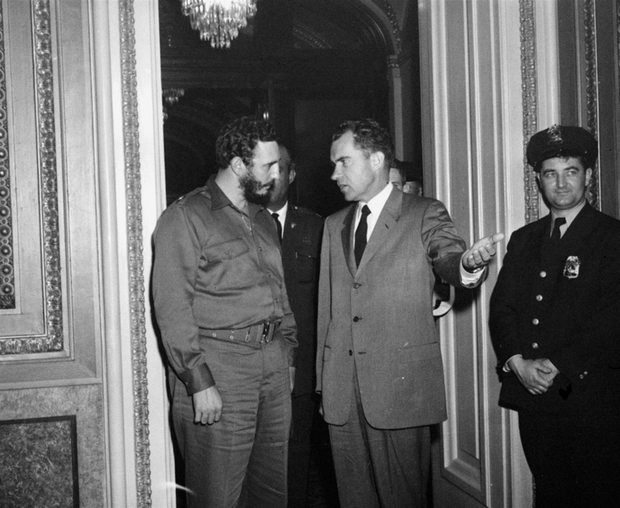Only sometimes, when a beam of light penetrates her neurons, Francisca Herrera Cuellar, 95, acknowledges her granddaughter Maritza Cruz León Pérez, who fought, on her behalf, an eviction order the Municipal Court of the Plaza municipality, to try to protext her from the imminent collapse of the small family apartment in upper floors of Linea 1060 between 12 and 14, Vedado, where she moved into the rooms vacated by the officer Francisco Martínez Blanes, beneficiary of a new house Ayestarán between Capdevila and Concepción from the Ministry of the Interior.
Before moving to a space in better condition, Maritza Cruz León Pérez, 50, lived in two rooms with a barbecue together with her grandmother, her mother of 72, an uncle of 68 and her daughter, 21. The building dates from 1920 and was declared uninhabitable in the mid-eighties by the Municipal Department of Housing, whose shelter commission has no means to accommodate the tenants of the old residence, one among many in Vedado to be demolished, anticipating the abandonment of each family, forced to shore up their area while awaiting the collapse or transfer to another house, because in Cuba the government controls the housing and prohibits its sale.
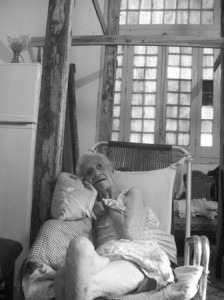
The history of institutional harassment against Cruz Maritza and her family includes previous claims against the Housing Department and the Shelter Commission of the Plaza municipality; it continued with the legal placement of Francisco Martínez Blanes, who months after her departure accused the elderly Francisca Cuellar Herrera of usurping her unoccupied property; it continues with the rallying of local officials, because the building belongs to the so-called “frozen zone” of the Ministry of the Interior; it is entangled with the secrecy of the ministry; it is widened with the summons for postponed trial and with the attempted arrest and eviction order, which the police considered inappropriate.The housing challenge between the granddaughter of the apoplectic old woman and the guardians of the space that was left empty, had its final at the trial held on 18 May. Maritza Cruz Leon went with the documents that proved the state of necessity of her relatives, the medical certificate of the vegetative grandmother, the technical report on the property and requests made to move her family to two less deplorable rooms. Fortunately, the court ruled that no crime was committed in this case.
If the authorities did not respond to their complaints or show interest in apartment vacated in order the return to place of origin by “arbitrary exercise of law”, the alternative would be to wait for death in the collapse; a regrettable episode, but a common one in our island reality.
May 25 2011

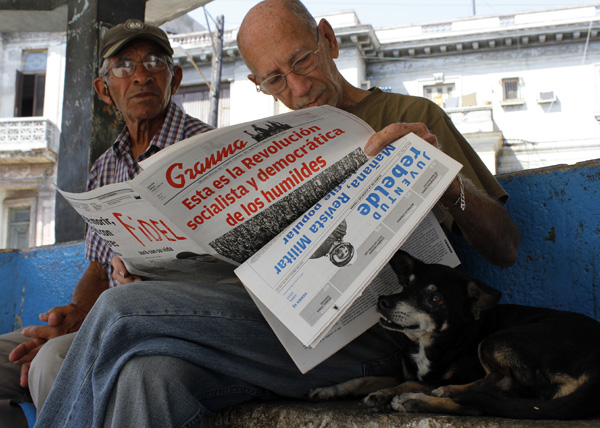
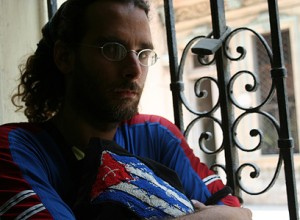
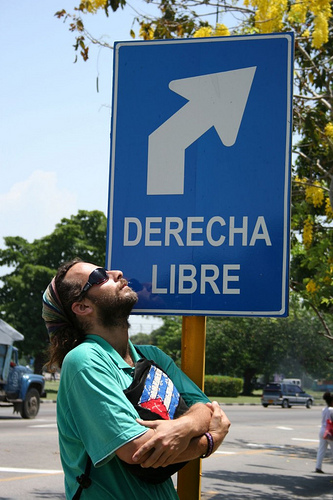
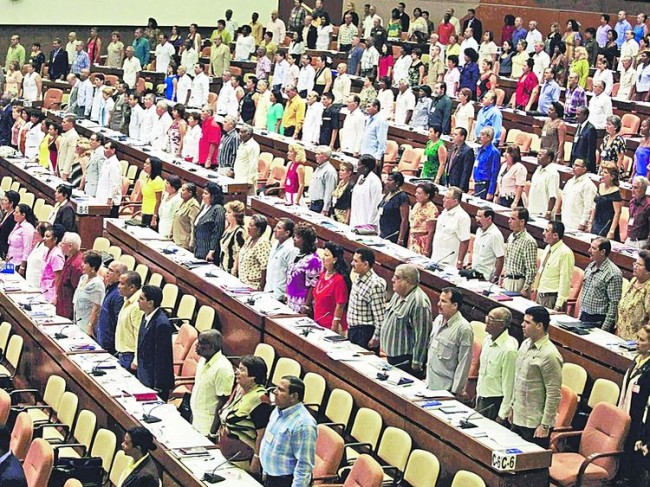
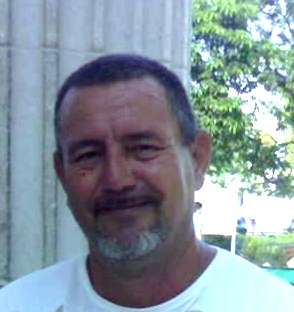
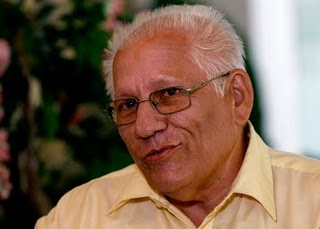
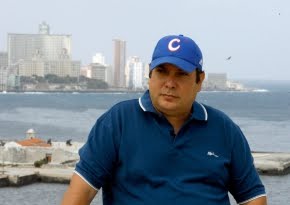
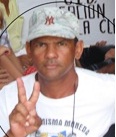
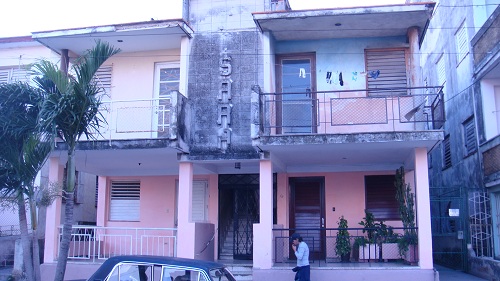
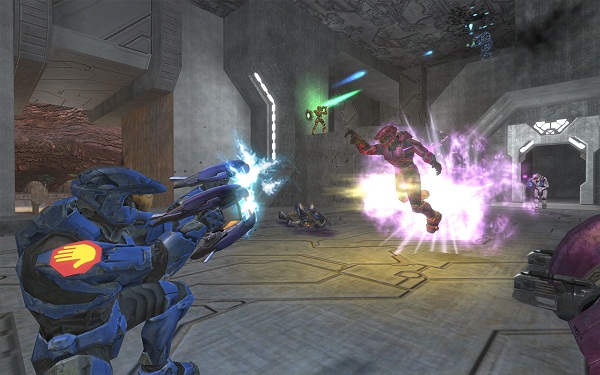 Right now, the personal enemy of Edna is an Xbox. A single mother of 43, she thought to resolve by great problem of few recreational opportunities for her son, so she asked her relatives in Miami to send him a superb and sophisticated computer game.
Right now, the personal enemy of Edna is an Xbox. A single mother of 43, she thought to resolve by great problem of few recreational opportunities for her son, so she asked her relatives in Miami to send him a superb and sophisticated computer game.